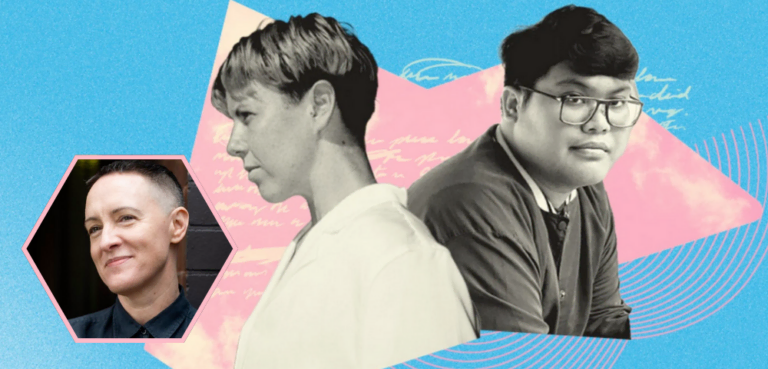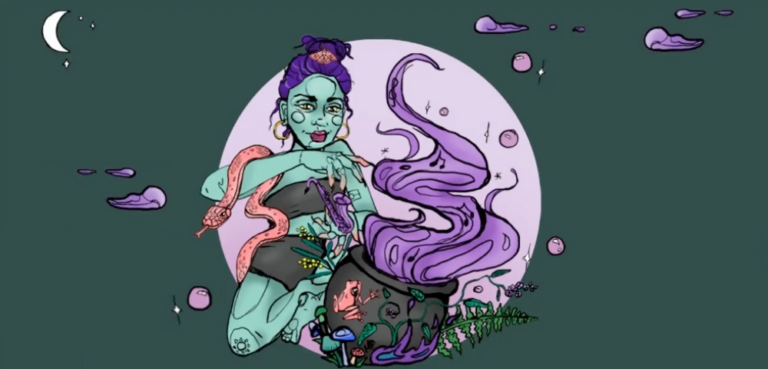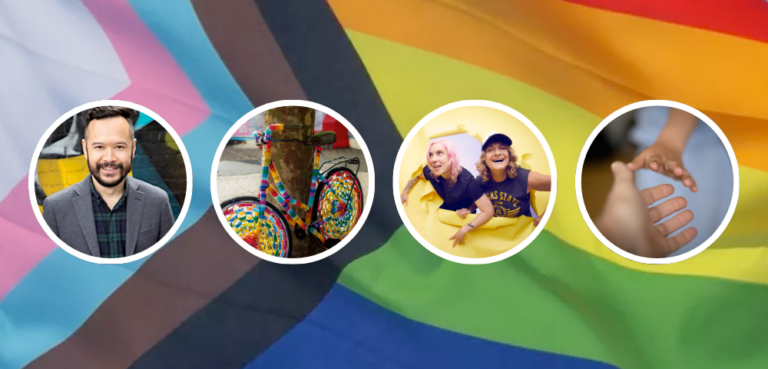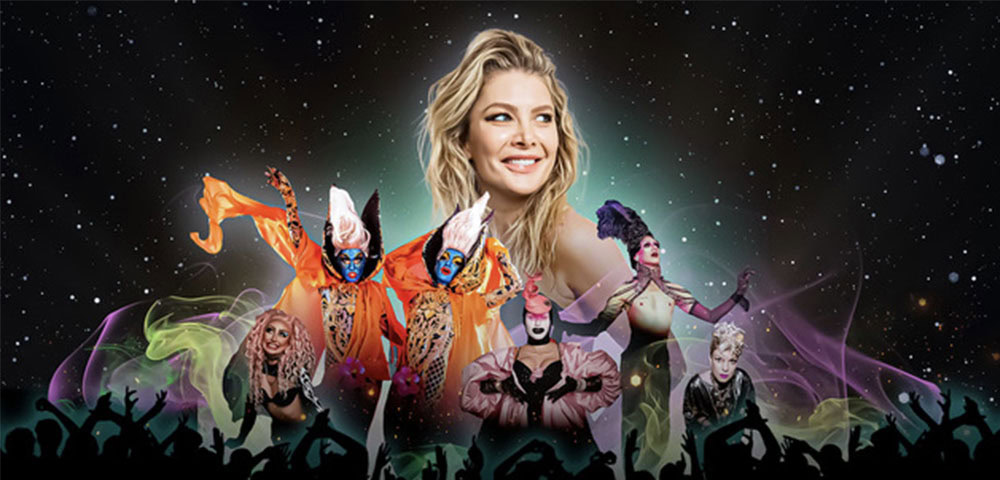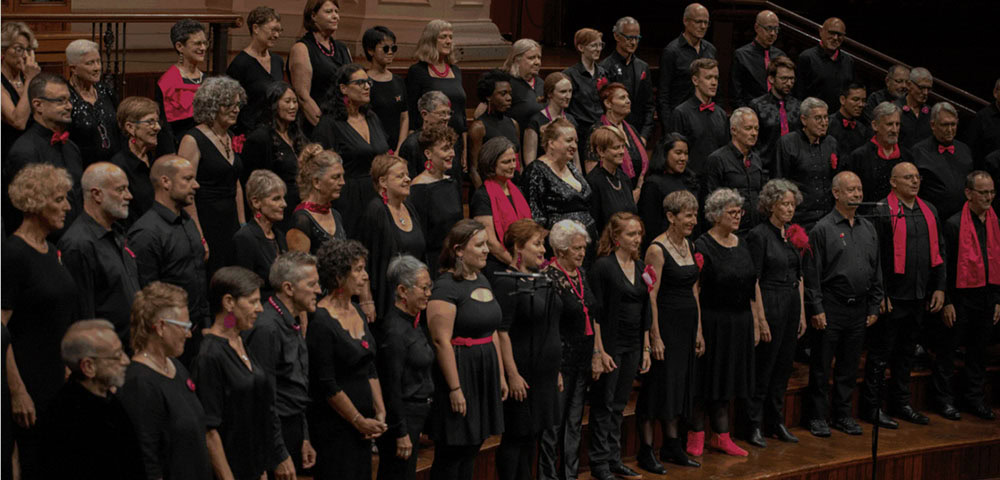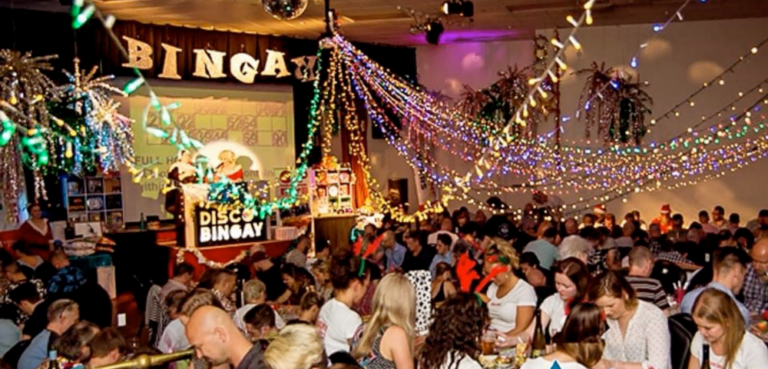
‘Sometimes I feel ashamed to say I’m Romanian’: boycotting the same-sex marriage referendum
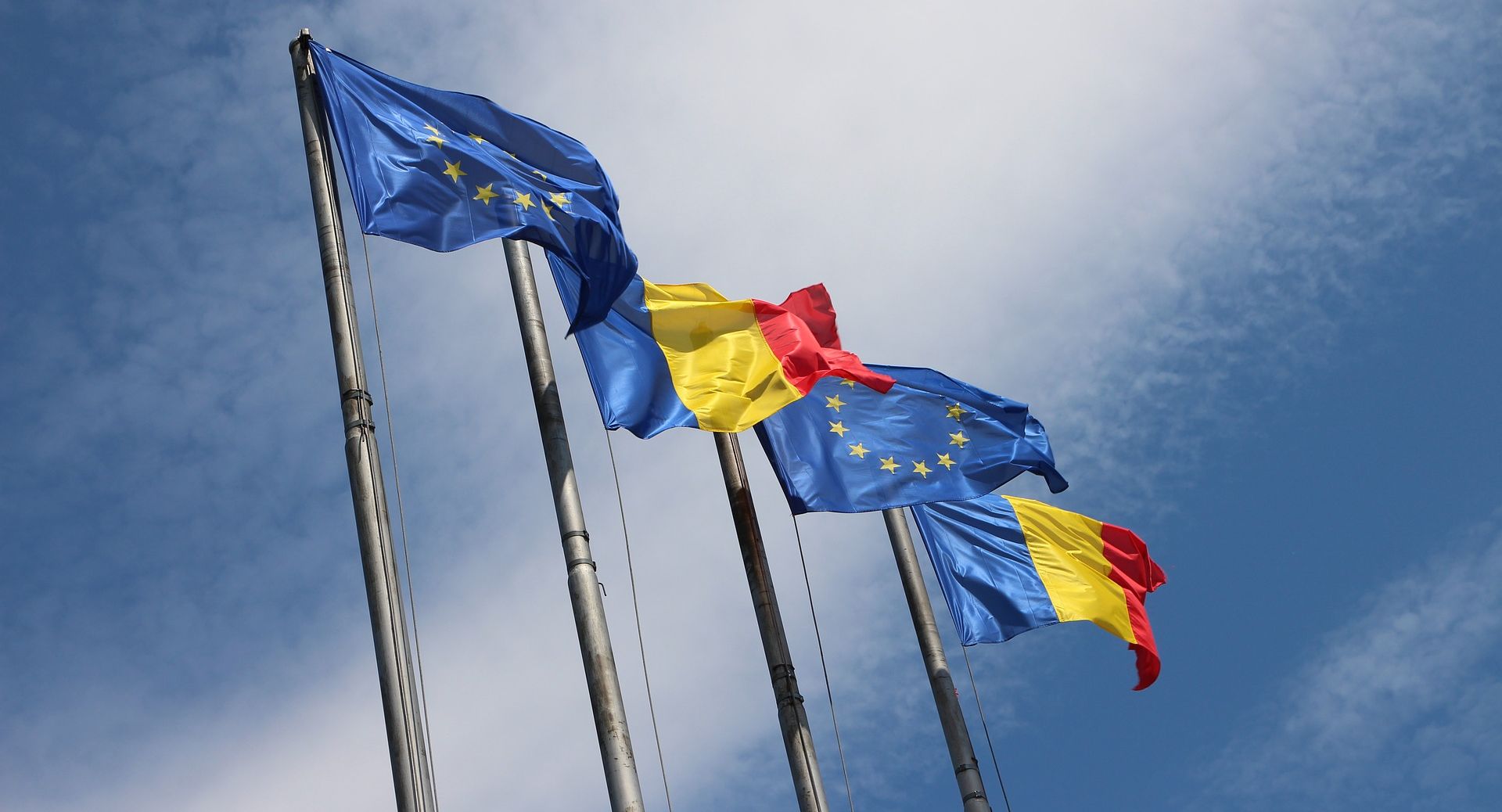
Recently, millions of Romanians voted in a referendum to define marriage as between a man and a woman in the constitution.
Despite polls showing widespread support for banning same-sex marriage, the two-day referendum was voided due to low turnout, with only 20.4 per cent of eligible voters casting a ballot.
To be valid, the referendum needed at least 30 per cent of voters to participate.
Opponents of changing the constitution, which would have made it harder to legalise same-sex marriage in the future, urged people to shun the referendum, with the hashtags #boicott and #stauacasa (in English, #stayhome) trending on social media.
Alexandra* is a Romanian expat living in Melbourne. In Australia, less than 400 Romanian expats voted in the referendum via polling stations at consulates according to data from the Romanian electoral authority.
Despite queuing up for hours in the rain to vote at the last presidential election, Alexandra chose not to vote in the referendum, and says many who boycotted it simply hate the ruling Social Democratic government.
“In a sense, it was a double boycott, because there were of course people boycotting for equal rights but there were also people that were boycotting the government, who would probably boycott anything they did,” she says.
Alexandra says many don’t agree with spending $65m AUD to fund a “pointless” referendum because the law already prohibits same-sex marriage. Others, she says, were concerned about the “vague” wording on the ballot and feared it could give the government the power to amend any part of the constitution they want.
Gabriela Duta, a Romanian-Australian from Brisbane who was born in Romania under communism and lived there for 43 years, describes the referendum as a “smoke curtain” and says it was designed to “distract people”.
“In Romania, same-sex marriage is not legal. So, there’s no point for the referendum”, she says.
Romania is one of six European Union countries that doesn’t allow same-sex marriage or civil unions.
While homosexuality was decriminalised in 2001, the country ranks 25th out of 28 countries in the European Union for gay equality according to LGBT advocacy groupILGA-Europe.
In mid-September, the country’s highest court ruled same-sex couples deserve equal rights to a family life.
Days before the referendum, 47 members of the European Parliament sent a letter to Romanian prime minister Viorica Dăncilă urging her not to discriminate against diverse families by putting their rights to a popular vote.
Iulian Stefanica, from Moldavia, has lived in Melbourne for eight years and is a member of the only party in Romania that opposed the referendum. He supervised the polling station at the Melbourne consulate, and says while Romanians “aren’t quite there yet” on marriage equality, people are more tolerant than before.
“It’s not horrible to live as a gay in Romania, but it’s not entirely accepted”, he says.
“This is one topic that people care about a lot. To be honest, I thought [the referendum] would pass… I think the reason it didn’t is because people didn’t like being manipulated”.
He adds, “Gay people can’t get married today and they wouldn’t be able to get married if the referendum passed. The government was just trying to get more popularity [by holding the referendum]”.
In the lead-up to the referendum, Amnesty International warned it “could lead to a breach of international human rights law and increase discrimination against LGBTI people in the country”.
Both the Coalition for Family, an anti-gay, ultraconservative group that heavily campaigned for the referendum, and the Romanian Orthodox Church, the country’s dominant religion, endorsed the referendum.
“Personally, I blocked a person on Facebook who was proud to say that he voted to show his child what family means,” Gabriela says. “It made me so angry. In his opinion, gay people are sick. Sometimes I feel ashamed to say I am Romanian”.
After living through a revolution and the overthrow of Romania’s communist regime, Gabriela says she still holds out hope that same-sex marriage could happen in Romania one day in the “far future”.
“Maybe, after a couple of generations, it’s possible”, she says.
“But only if we can get rid of the plague that is eating the country alive, the Social Democratic Party”.
Iulian agrees that same-sex marriage will become legal in Romania eventually. “I think it will happen everywhere at some point”, he says.
“It will take a while, but Romanians will eventually realise nothing terrible will happen if we accept gay people”.
*Name changed per request

